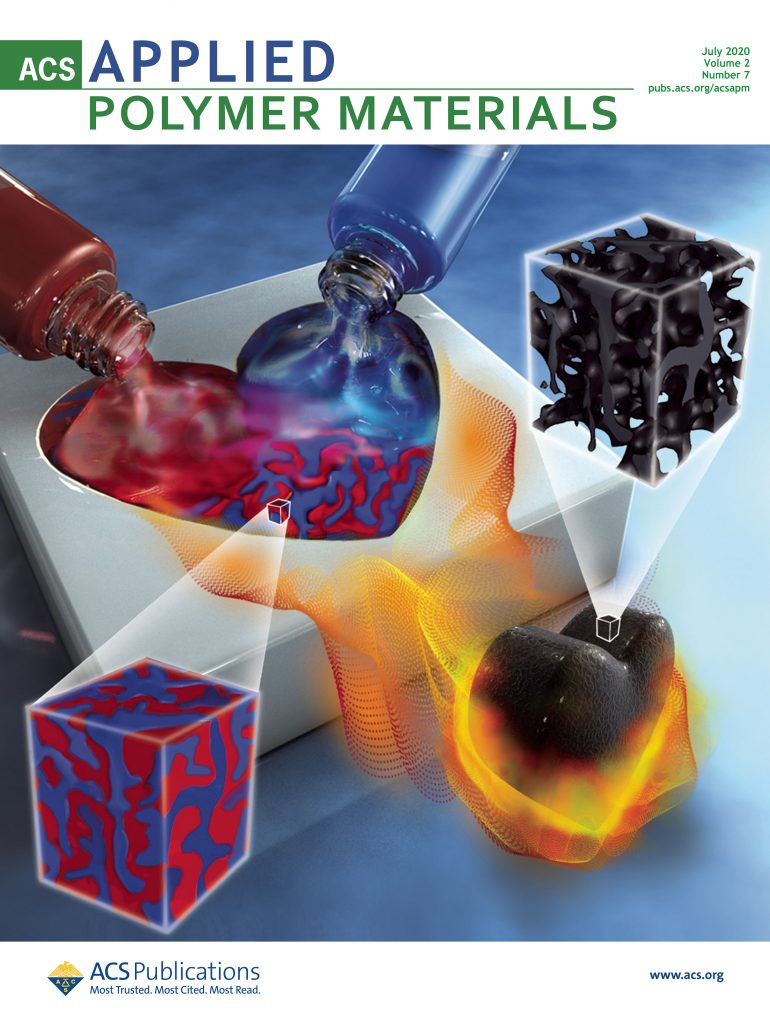Hidden Reward: Affect and Its Prediction Errors as Windows Into Subjective Value
IF 4.4
2区 化学
Q2 MATERIALS SCIENCE, MULTIDISCIPLINARY
引用次数: 0
Abstract
Scientists increasingly apply concepts from reinforcement learning to affect, but which concepts should apply? And what can their application reveal that we cannot know from directly observable states? An important reinforcement learning concept is the difference between reward expectations and outcomes. Such reward prediction errors have become foundational to research on adaptive behavior in humans, animals, and machines. Owing to historical focus on animal models and observable reward (e.g., food or money), however, relatively little attention has been paid to the fact that humans can additionally report correspondingly expected and experienced affect (e.g., feelings). Reflecting a broader “rise of affectivism,” attention has started to shift, revealing explanatory power of expected and experienced feelings—including prediction errors—above and beyond observable reward. We propose that applying concepts from reinforcement learning to affect holds promise for elucidating subjective value. Simultaneously, we urge scientists to test—rather than inherit—concepts that may not apply directly.隐藏的奖励:作为主观价值之窗的情感及其预测误差
科学家们越来越多地将强化学习的概念应用于情感,但哪些概念应该应用?这些概念的应用又能揭示哪些我们无法从可直接观察到的状态中获知的信息?强化学习的一个重要概念是奖励预期与结果之间的差异。这种奖励预测误差已成为人类、动物和机器适应行为研究的基础。然而,由于历史上对动物模型和可观察奖励(如食物或金钱)的关注,人们对人类可以额外报告相应的预期和体验情感(如感觉)这一事实的关注相对较少。随着更广泛的 "情感主义的兴起",人们的注意力开始转移,揭示了预期和经历的情感--包括预测错误--在可观察到的奖赏之外的解释力。我们建议,将强化学习的概念应用于情感,有望阐明主观价值。同时,我们敦促科学家们去测试--而不是继承--那些可能无法直接应用的概念。
本文章由计算机程序翻译,如有差异,请以英文原文为准。
求助全文
约1分钟内获得全文
求助全文
来源期刊

ACS Applied Polymer Materials
Multiple-
CiteScore
7.20
自引率
6.00%
发文量
810
期刊介绍:
ACS Applied Polymer Materials is an interdisciplinary journal publishing original research covering all aspects of engineering, chemistry, physics, and biology relevant to applications of polymers.
The journal is devoted to reports of new and original experimental and theoretical research of an applied nature that integrates fundamental knowledge in the areas of materials, engineering, physics, bioscience, polymer science and chemistry into important polymer applications. The journal is specifically interested in work that addresses relationships among structure, processing, morphology, chemistry, properties, and function as well as work that provide insights into mechanisms critical to the performance of the polymer for applications.
 求助内容:
求助内容: 应助结果提醒方式:
应助结果提醒方式:


